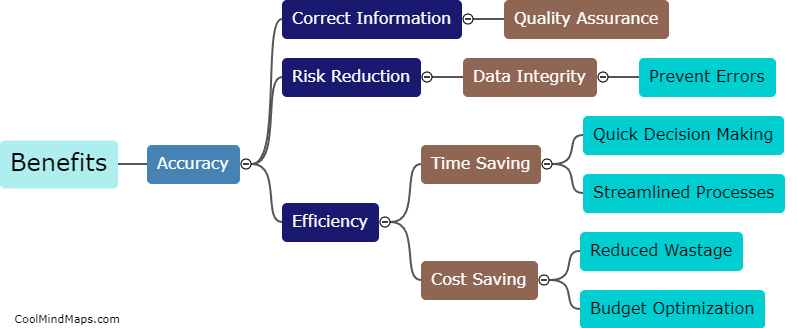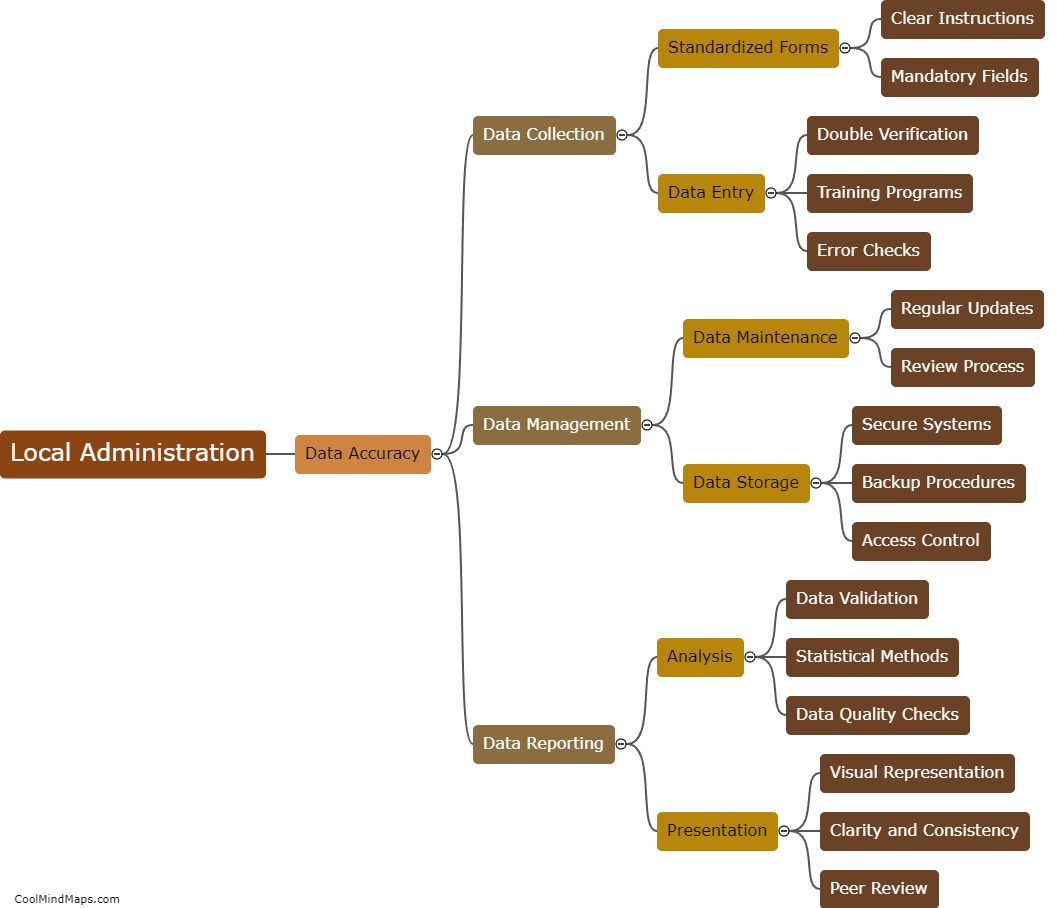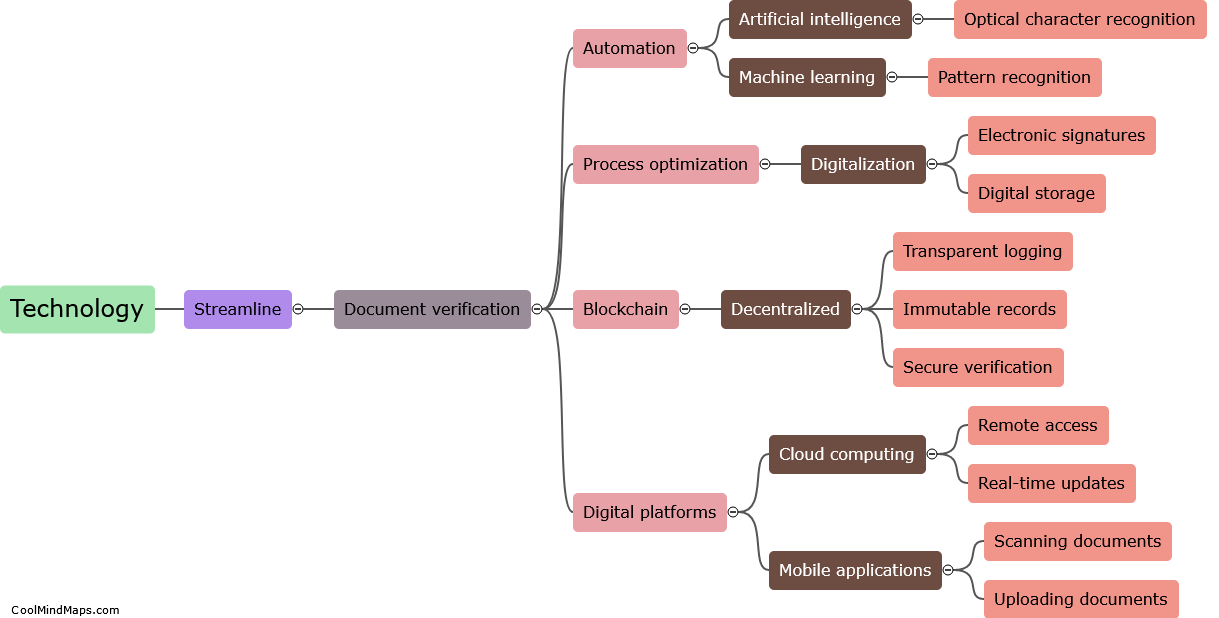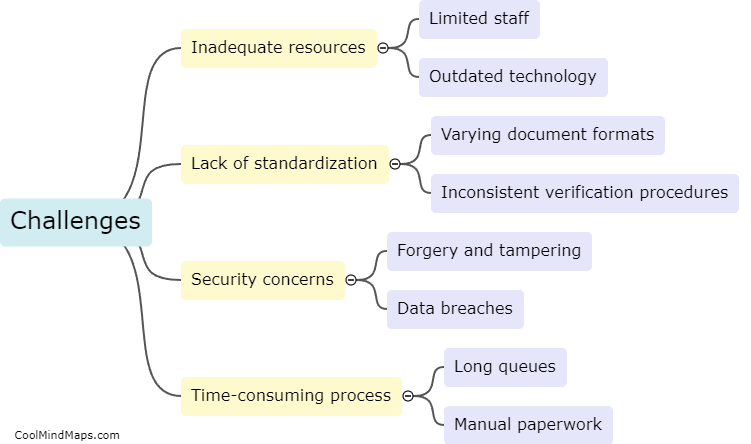What are the benefits of conducting data verification tasks in local administration?
Conducting data verification tasks in local administration offers numerous benefits. Firstly, it ensures the accuracy and reliability of information stored in databases, reducing the risks of errors and preventing potential issues caused by incorrect data. This is critical for efficient decision-making processes and effective planning within local administration. Secondly, data verification enhances transparency and accountability in the administration by providing an audit trail of changes made and ensuring that all data is traceable. It helps maintain public trust and confidence in the administration's operations. Additionally, conducting data verification tasks locally allows for timely identification and resolution of inconsistencies or discrepancies before they escalate into larger problems. It enables administrators to take immediate action and maintain the quality and integrity of the data. Overall, data verification in local administration promotes better governance, improves decision-making, and ensures the smooth functioning of government operations.

This mind map was published on 16 November 2023 and has been viewed 100 times.











